-
chevron_right
Publishers Secure Widespread Support in Landmark Copyright Battle With Internet Archive
news.movim.eu / TorrentFreak · Monday, 25 March - 22:41 · 5 minutes
 The
Internet Archive
(IA) is a non-profit organization that aims to preserve digital history for generations to come.
The
Internet Archive
(IA) is a non-profit organization that aims to preserve digital history for generations to come.
The digital library is a staunch supporter of a free and open Internet and began meticulously archiving the web over a quarter century ago.
In addition to archiving the web, IA also operates a library that offers a broad collection of digital media, including books. Staying true to the centuries-old library concept, IA patrons can also borrow books that are scanned and digitized in-house.
Publishers vs. Internet Archive
The self-scanning service offered by the Internet Archive (IA) differs from the licensing agreements entered into by other libraries. Not all publishers are happy with IA’s approach, resulting in a major legal battle two years ago.
Publishers Hachette, HarperCollins, John Wiley, and Penguin Random House filed a lawsuit, equating IA’s controlled digital lending (CDL) operation to copyright infringement. Earlier this year a New York federal court concluded that the library is indeed liable for copyright infringement .
The court’s decision effectively put an end to IA’s self-scanning library, at least for books from the publishers in suit. However, IA is not letting this go without a fight and in December the non-profit filed its opening brief at the Second Circuit Court of Appeals, hoping to reverse the judgment .
High Profile Support
The importance of this legal battle is illustrated by the large number of amicus briefs that are filed by third parties. Previously, IA received support from copyright scholars and the Authors Alliance, among others.
A few days ago, another round of amicus came in at the Court of Appeals, this time to back the publishers who filed their reply last week . In more than a handful of filings, prominent individuals and organizations urge the Appeals Court not to reverse the district court ruling, arguing that this would severely hamper the interests of copyright holders.
The briefs include positions from industry groups such as the MPA, RIAA, IFPI, Copyright Alliance, the Authors Guild, various writers unions, and many others. Legal scholars, professors, and former government officials, also chimed in.
RIAA, MPA, et al.
The RIAA and MPA submitted an amicus brief together with the NMPA and the News Media Alliance. These industry groups draw a parallel between the impact Napster and BitTorrent had on music and movie sales, and the threat IA’s self-scanning library poses today.
“Digital piracy has inflicted a huge economic toll on those industries and, by extension, on their ability to invest in new creative works and the artists who make them. Internet Archive’s theory of fair use represents a threat just as grave.”
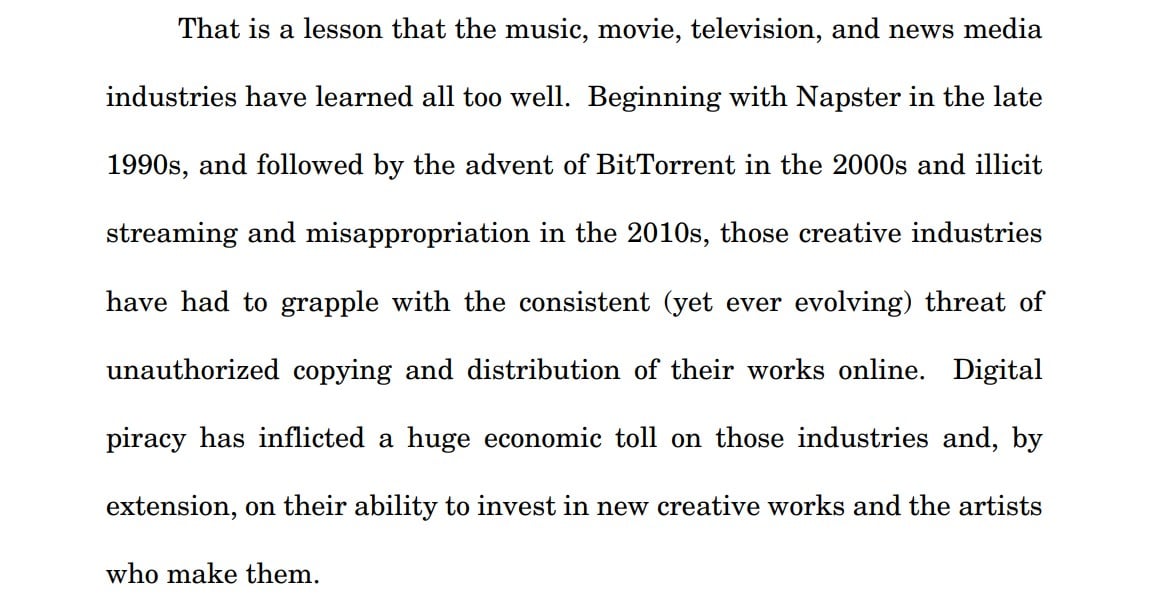
Industry groups fear that if the Internet Archive is allowed to digitize and lend books, it could set a precedent for other forms of media. For instance, if services were able to lend music, movies, or news media to the general public, these industries might face similar challenges.
“Deeming Internet Archive’s mass reproduction and distribution program to be fair use would no doubt embolden not only Internet Archive itself but also other online platforms to freely ‘lend’ all types of copyrighted works to the public in digital formats,” they write.
“That would catastrophically harm the digital markets on which the music industry, the movie and television industry, the news industry, and similar industries depend to profitably create and distribute their works—and would thereby undermine the incentive for the creation of new works that copyright law exists to protect.”
According to the amici, there is nothing fair about IA’s digital library; instead, they see it as “unambiguous copyright infringement.”
Copyright Experts, Professors, and Lawmakers
A second amicus brief is submitted by more than a dozen professors and scholars of copyright and intellectual property law. They stress that IA’s practice should not be seen as “transformative” fair use, arguing that the library offers a “substitution” for books that are legally offered by the publishers.
This sets the case apart from current legal precedents including the Google Books case , where Google’s mass use of copyrighted books was deemed fair use.
“IA’s exploitation of copyrighted books is thus the polar opposite of the copying that was found to be transformative in Google Books and HathiTrust . IA offers no ‘utility-expanding’ searchable database to its subscribers. What it does offer is access to full-text books as a clearly competing substitute for the versions licensed by book publishers,” the legal scholars write.
Another amicus brief adds more heavyweight support for the publishers. This includes former judges and two dozen government officials and lawmakers, including Lamar Smith, former Chair of the House Judiciary Committee, and Bob Goodlatte, former Chair of the House Judiciary Committee.
This brief also rejects the Internet Archive’s fair use arguments, framing the library as a threat instead.
“IA does not further the public interest, but rather undermines incentives to create and disseminate books that benefit society. Thus, its actions are decidedly not protected by fair use,” their brief reads.
IA and AI
The final amicus brief we want to highlight comes from a broad collection international and regional trade groups from outside the United States. These include the International Publishers Association, the International Video Federation, and the Association of Canadian Publishers.
These groups also reject the fair use arguments. They stress that in addition to directly competing with the interests of publishers, IA’s library is also an indirect ‘artificial intelligence’ threat as the digitized books can be used as AI training material.
“The Internet Archive is an obvious source of high-quality works for AI training since these works have been professionally edited and improved by publishers. Entering the terms ‘Internet Archive DRM’ into any search engine results in a number of links to software tools that remove the Internet Archive’s DRM technology along with instructions on how to use it.
“Even if AI training is ultimately determined by U.S. courts to not be a fair use, Amici fear that the Internet Archive’s CDL collection has already been used as an AI training tool,” the international trade groups add.
In summary, the book publishers have plenty of external support for their legal battle. However, it remains to be seen whether any of these amici, including those in favor of IA, will influence the eventual outcome of the appeal.
—
Below is an overview of the amicus briefs that were filed over the past few days, all in support of the publishers.
–
RIAA, MPA, NMPA, News Media Alliance
.
–
Former government officials, former judges, and intellectual property scholars
.
–
Copyright Alliance
.
–
Various organizations that represent the interests of writers and other creators
.
–
Professors and scholars of copyright and intellectual property law
.
–
International and regional trade bodies
.
From: TF , for the latest news on copyright battles, piracy and more.
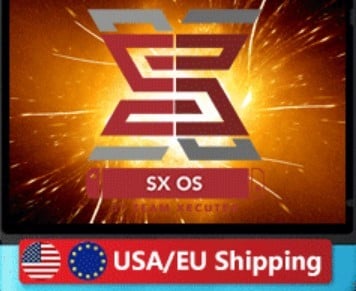
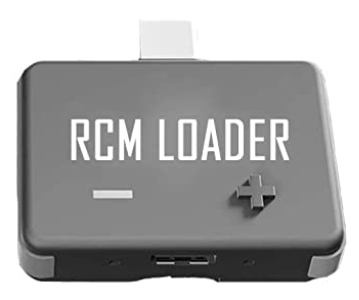
 Hawaiian attorney Kerry Culpepper has made a habit of putting pressure on key players in the piracy ecosystem.
Hawaiian attorney Kerry Culpepper has made a habit of putting pressure on key players in the piracy ecosystem.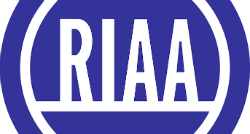
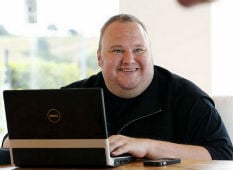


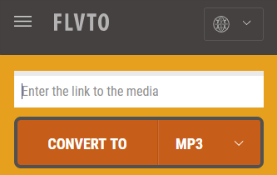 In 2018, a group of prominent record labels sued two very popular YouTube rippers,
In 2018, a group of prominent record labels sued two very popular YouTube rippers,